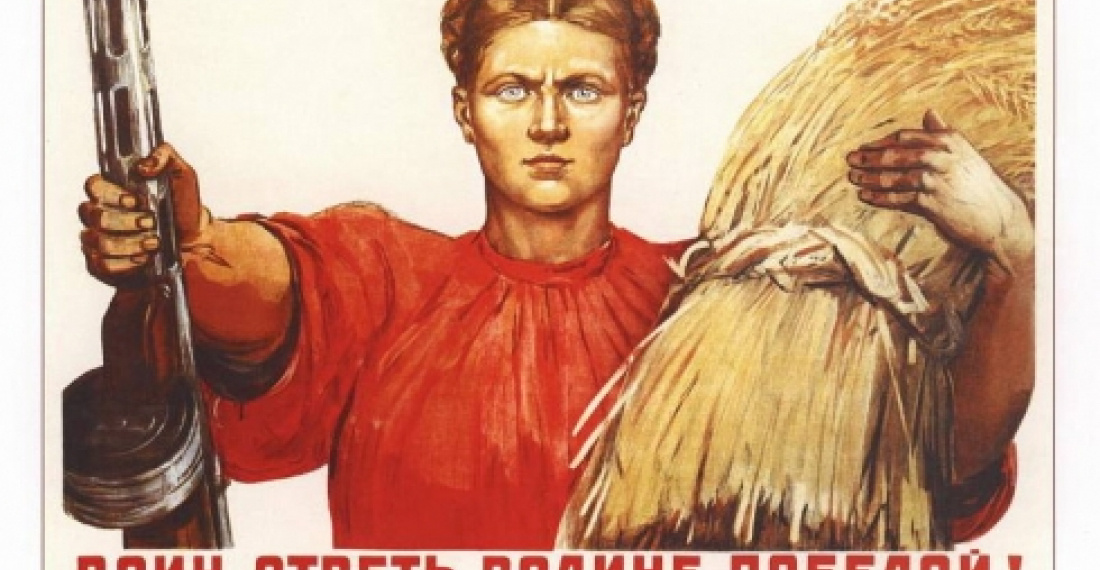In a report published last week by the polling organisation, Gallup, two thirds of Armenians have stated that they think the collapse of the USSR did more harm than good. The figure for Armenia, at 66% is considerably higher than of the average for the eleven Republics surveyed, which included all the former Soviet republics except the Baltic States and Ukraine. The Gallup figures show that Azerbaijanis, Kazakhstanis, and Turkmens are more likely to see benefit than harm from the breakup, the Georgians are divided, whilst other nationalities also think in the majority that the collapse of the USSR did more harm than good, although to a lesser extent than Armenians.
Read more on the results of the gallup poll here.
Commonspace.eu political editor commented on these findings:
Opinion polls in the former Soviet Republics need to be taken with a healthy degree of skepticism. However even allowing for this, this opinion poll provides some worrying food for thought for the Armenian leadership. The fact that so many Armenians think they were better off under a communist dictatorship that stoped existing twenty two years ago speaks a lot about what has happened between then and now, and provides a chilling proof of the disconnect between the current Armenian political system and the people. Superficially it makes the government of president Serzh Sargsyan at one with the people, given its choice for closer relations with Russia in all spheres. There is however one other conclusion that needs to be drawn, namely that statehood has not given the Armenian people what they expected. Certainly Armenian politicians, and some responsability needs to be shared by opposition politicians too, need to ask to what extent have their policies and tactics failed the nation. There is a great need for fresh ideas and fresh faces to give hope for the future. It is difficult to imagine that Mr Putin's Russia is able to provide Armenians with either.
source: commonspace.eu.







